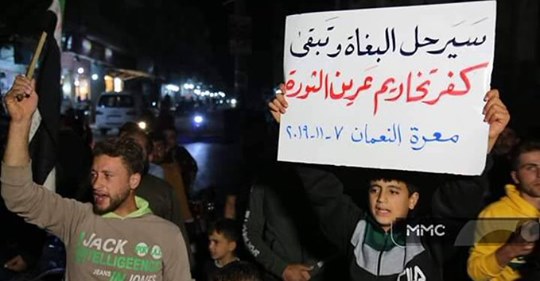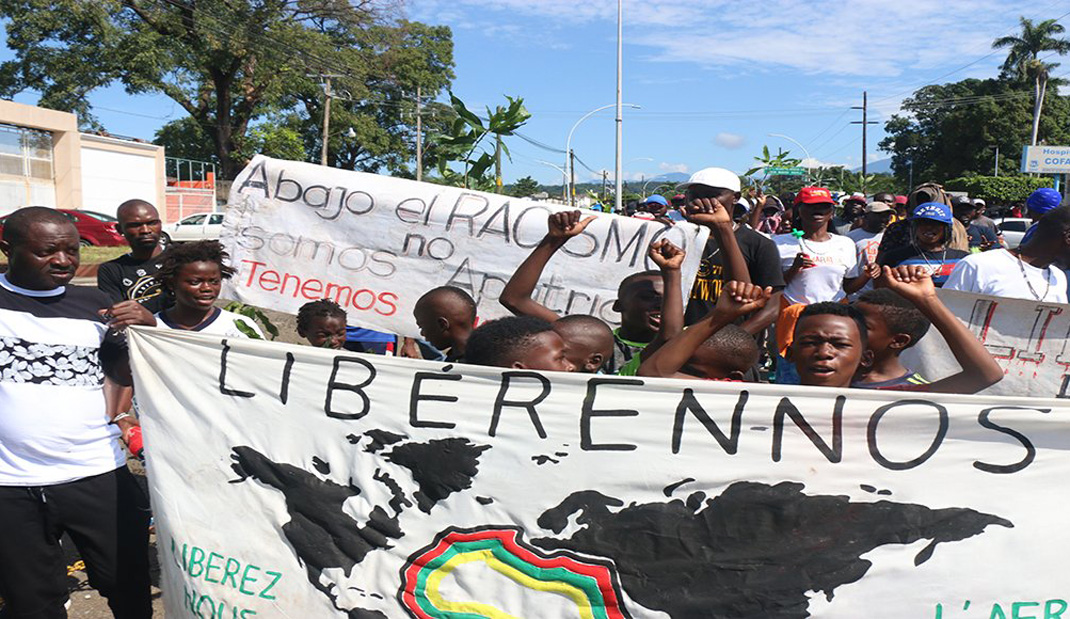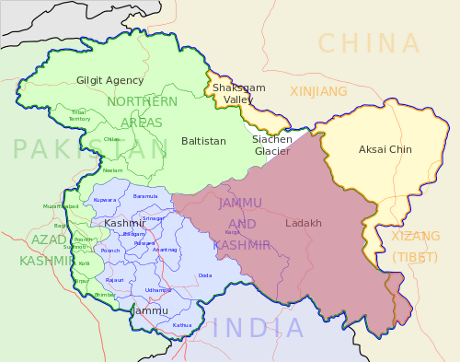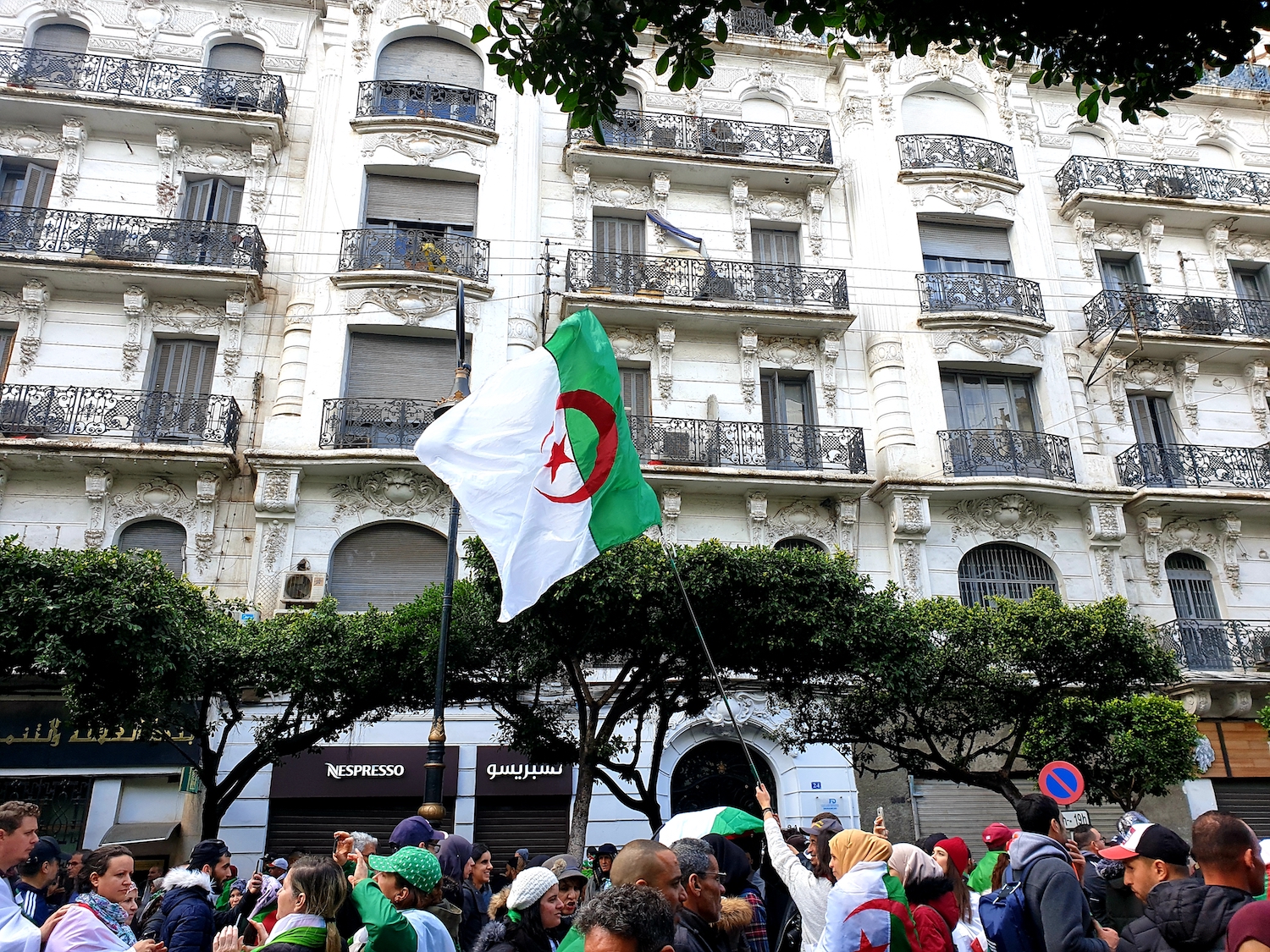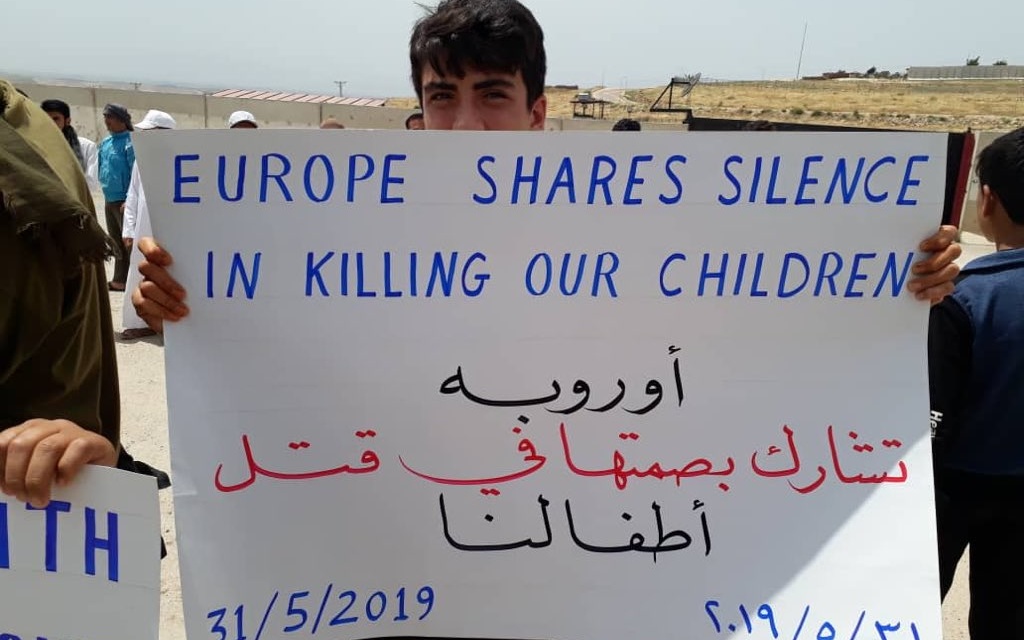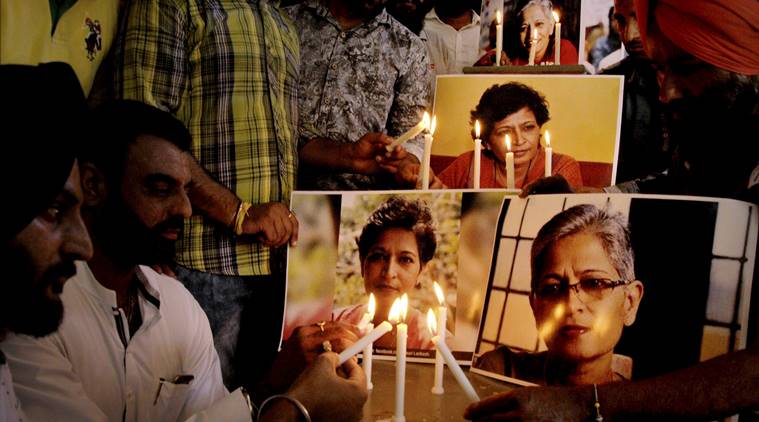
INDIA 2019 JOURNO-MURDER INDEX
As the year 2019 is approaching the finish line, India appears to have improved its journalist murder index—with authorities counting only two slain in circumstances directly related to their work this year. Reporters Without Borders counts nearly 50 journalists killed for their work worldwide to date this year (compared to 95 in 2018), and India’s share has also gone down considerably—from six last year. However, there were several other cases across India in which it is yet to be confirmed that the victims were targeted for media activities. And with multiple conflicts now escalating around the country, this promises to be a critical question in 2020. Nava Thakuria reports from Guwahati, in India’s strife-torn northeast.
Continue ReadingINDIA 2019 JOURNO-MURDER INDEX


